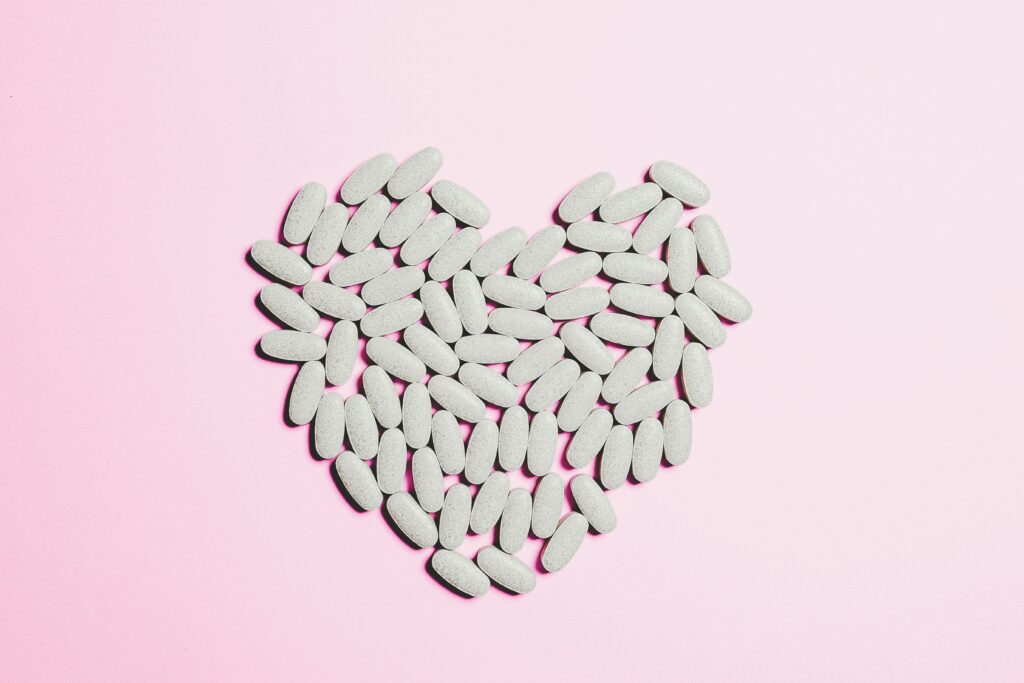Pharmacy Technician

This program will prepare our students to meet the requirements for a career as a pharmacy technician. Pharmacy Technician enjoys the challenge of highly detailed work as well as working with a diversity of people. They assist the pharmacy in a variety of task involving the packaging, distribution, labeling, compounding and recording of drugs. Pharmacy Technicians offer great customer service to clients as well as important assistance to a licensed pharmacist behind the scenes in a pharmacy. Pharmacy technician training programs require course work and clinical onsite training as well.
Program Curriculum
Medical Terminology
A comprehensive introduction to the structure of medical words, allowing students to build a professional vocabulary. Students learn word structure as well as prefixes, suffixes, roots, combining forms, and medical abbreviations. Emphasis is placed on spelling, definitions of medical terms, and pronunciation.
Medical Law and Ethics
An overview of the laws and ethics of the medical industry that all medical professionals must follow. Students will be able to list the five patient rights.
Pharmacy Law
Learn which duties pharmacy technicians may and may not perform. Review the basic history of major legislation affecting pharmacy and shaping current law. Includes a section on controlled substances. Students should know the differences between all schedules (Schedule I, II, III, IV, V) and examples from each.
Pharmacy Terminology
Covers dosage forms, pharmacy abbreviations, and physician SIG codes. Students will be able to translate abbreviations and SIG codes commonly used in pharmacy.
Pharmacy Mathematics
Topics include Roman numerals; fractions, decimals, ratios, and percents; apothecary, metric, and household conversions; body-weight dosing; insulin calculations; standard and military time; and pharmacoeconomics. Tips for success: proceed slowly, read instructions carefully, ask questions, and practice regularly. Use a basic calculator for homework and exams.
Community and Hospital Pharmacy
Understand the differences between hospital and retail settings. This module is especially helpful for those with experience only in retail environments.
Extemporaneous Compounding
Learn procedures, instruments, and techniques for specialized practices. This module provides the skills necessary to work within a specialty setting.
Pharmacology
A basic pharmacology overview covering major classifications of drugs and their uses, brand and generic names, and common adverse effects. Students are encouraged to create flashcards to review key information.
Career Planning
Assistance with resume building, job search, and interview preparation. The school placement office supports students throughout the job-search process.
Externship
Students gain hands-on experience through an externship, applying the knowledge and skills obtained throughout the program to qualify for pharmacy technician roles.
Why Choose the GSSTI Pharmacy Technician Program?
- Hands-on classes from 9:00 AM to 2:00 PM, Monday to Friday.
- Qualified, experienced instructors who are pharmacy technicians or medical professionals.
Scrubs, Supplies, Textbooks, and National Certification Included
Tuition includes five sets of scrubs, textbooks, a workbook, and all supplies and materials needed for clinicals. Fees for three national certification exams are included.
FAQ
What Does a Pharmacy Technician Do?
Pharmacy technicians aid pharmacists in dispensing medicine. Work environments range from local pharmacies to hospitals.
Do You Want a Career Instead of a Job?
Consider a fast-paced role in the growing medical field. Pharmacy technicians are in demand due to an aging population. The Bureau of Labor Statistics projects strong growth over the next decade. Motivated self-starters can enter the field after preparing for the certification exam—without spending years and large sums on a degree.
Raining Requirements
Requirements vary by state. Some require passing the Pharmacy Technician Certification Board (PTCB) exam; others require additional education.
What Is the Exam Like?
The program’s end-of-course exam has 50 questions. If you do not pass on the first attempt, you have two additional attempts plus targeted remediation. The exam is designed to prepare you for the PTCB exam, which is a 90-question multiple-choice test with 120 minutes to complete. Scores range from 1000 to 1600; 1400 or higher is passing. Testing is computer-based, and a basic calculator is permitted. The PTCB examination blueprint (see ptcb.org) outlines covered subject areas, all of which are addressed in this course.
What If I Don't Pass?
You will retain access to study materials at no cost to prepare for another attempt. The comprehensive study course is designed to help you succeed.
National Certification
As a graduate, you will be prepared and eligible for national certification exams. Certification validates knowledge, skills, and abilities, helps reduce risk, and enhances public safety. Employers can identify individuals with the competencies needed to perform effectively.
Certified Pharmacy Technician (CPhT)
Certification exam fees are paid by GSSTI.
Work Environments
- Local pharmacies
- Hospitals